Do you struggle to stay healthy during the winter months? Are you looking for ways to make your body strong before the cold and flu season hits?
Well-meaning health professionals focus primarily on educating you about limiting transfer of viruses and bacteria. They tell you to wash your hands often and keep them away from your nose and mouth to avoid an epidemic or outbreak of mass proportions. While that’s great advice, it is reactive and not proactive.
Your best chance of making it through the next couple of months without the sniffles begins with making sure your body is armed with the necessary tools to fight off whatever super bug decides to emerge. In other words, if you load your body up with the vitamins, minerals and nutrients it requires, your immune system will stay strong all season long.
Here are ten nutritious foods you’ll want to include in your diet to get, and stay, healthy:
1. Sweet potato
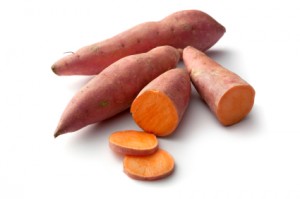
This orange colored vegetable is loaded with Vitamin A, which is necessary for healthy skin. As most viruses and bacteria are spread through contact, whether from person to person or object to person, this means your skin is your first line of defense against infection. Therefore, you want to make sure you get enough Vitamin A in your diet because if you don’t, as Harvard Health Publications points out, a “deficiency is associated with impaired immunity and increased risk of infectious disease.” Sweet potatoes make a great side dish, preferred over their white counterpart. Just bake it in the oven and top it with a little bit of raw honey and cinnamon prior to serving it.
2. Tea

Whether green or black, caffeinated or decaffeinated, a cup of tea contains the amino acid L-theanine which helps your body fight infection. A study released in 2003 by the U.S. National Library of Medicine found that after four weeks, ten study subjects who consumed approximately 600 ml of tea a day had five times higher production of antibacterial proteins. So, drinking a few cups of this soothing beverage daily will help your body reduce unwanted germs trying to invade your system.
3. Mushrooms
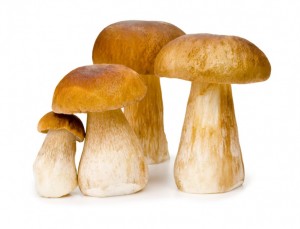
Whether you prefer portabella, shiitake, maitake or reishi, these funguses are high in selenium. This nutrient, which the mushrooms pull from the soil they grow in, is known to protect the body from free radicals that damage cells. It also promotes the growth of white blood cells to help fight infection. Just as with Vitamin A, a deficiency can leave your immune system at risk. Add them to your diet by sautéing them with onion and garlic for a side dish, or put them in pasta sauce for added flavor. You can also grill up a portabella and put it on a bun as a burger substitute.
4. Cabbage
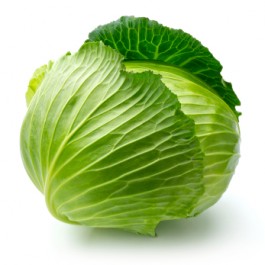
Loaded with glutamine and Vitamin E, this vegetable is known for killing bacteria and fueling your immune system. Add this leafy green to stews or soups for an instant immunity kick. Or, chop it up raw and make a salad with it.
5. Red or pink grapefruit

High in Vitamin C and flavonoids, this colorful fruit will help keep you feeling great all season long. Vitamin C is water soluble, meaning you have to continuously replace it as your body doesn’t store the extra. This is important because during times of illness, your body consumes it rather quickly. So, keep your intake up by choosing foods like grapefruits and oranges which are high in this super important vitamin. Not keen on the sour taste? Cut it in half and spread a little raw honey on it for a cold-fighting snack that will please your taste buds. Or, if you like yours warm, put the halves under a broiler for a minute or two and then dust it in cinnamon (also known to fight infections) for a special treat.
6. Wheat germ
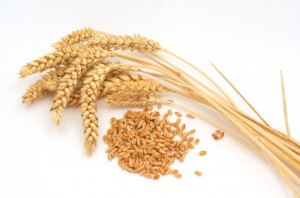
Add this grain to your diet and you’ll boost your zinc, antioxidants and vitamin E, all infection fighting agents designed to keep your body healthy and germ free. Some studies suggest that consuming zinc when you have a cold will cut the duration in half. How can you add wheat germ to your diet? Put it in your homemade bread, sprinkle it on your cereal or add it to muffin and cookie recipes.
7. Carrots
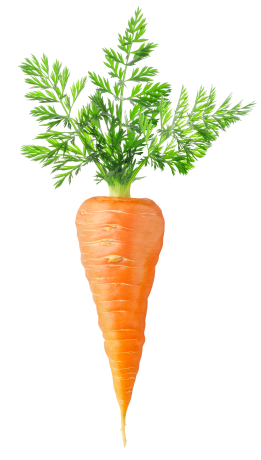
Rich in beta carotene, the Institute of Food Research in the UK reports that these bright orange vegetables help your body create a healthy mucus membrane which stops bacteria from getting into your blood stream. Bacteria flowing through your arteries and veins will most certainly threaten the function of your immune system. Cut them up and eat them raw or add them to soups and stews for disease fighting fillers. If you like the taste of vinegar, you can always pickle them for added flavor.
8. Cauliflower
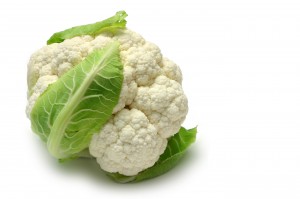
This vegetable contains powerful antioxidants like glutathione which help keep your immune system healthy and strong. Glutathione not only helps to protect you from the common cold, but some studies suggest that it also helps reduce development of diseases such as cancer. Just as with carrots, you can eat it raw as a snack, add it to a stir-fry or chunk it up and add it to soup. You can also steam it and sprinkle it with lemon pepper salt for a sodium free taste extravaganza your mouth is sure to love.
9. Almonds
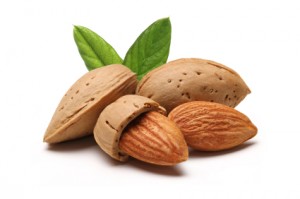
This particular nut contains Vitamin E which is an antioxidant that’s not only responsible for supporting a healthy immune system, but it also helps protect other vitamins from being oxidized. Eat them raw for a healthy, energizing snack or add them to a homemade trail mix.
10. Oats and barley

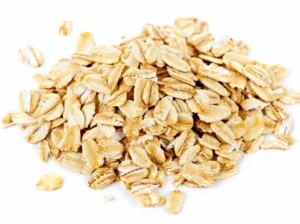
Give your immunity a boost with these two ingredients that contain beta-glucan, which is both an antioxidant and a substance that inhibits the growth of bacteria. Several studies confirm that beta-glucan helps activate improved immune function. Add them to breads, oatmeal and soups to give your body the healthy edge.
Including foods like the ones mentioned above in your diet will keep you strong and reduce your likelihood of infection for many months, and years to come. Remember, it’s much easier to prevent the cold and flu than it is to treat them. Give yourself the advantage this year and kick bacteria before it kicks you.
Leave a Reply